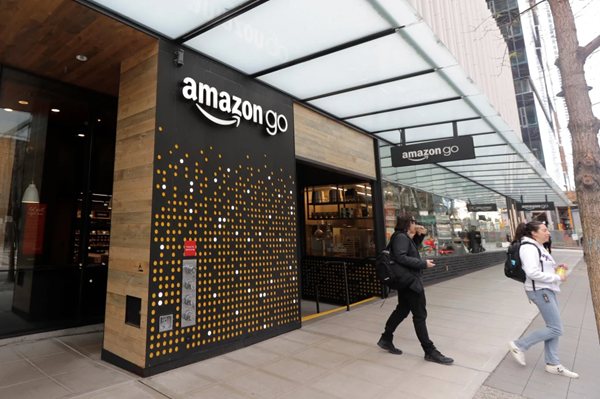Prince Aims to Rebrand Saudi Arabia From 9/11 Hotbed of Extreme Islam
A street in Riyadh, Saudi Arabia. Hamad I Mohammed / for NBC News
But state-sanctioned conservatives have seen their power weaken.
“When you want to make changes, especially political and constitutional, you always face resistance. So you want to take it step by step,” said Khalid Aldakhil, a Saudi author, historian and columnist for pan-Arab newspaper, Al-Hayat.
In September, some 30 clerics, intellectuals and activists were locked up. This “crackdown on dissent,” as it was described by human rights defenders, was followed by this weekend’s detentions. Many of the the princes taken into custody by the Salman-led anti-corruption body are reportedly are being held in Riyadh’s luxury Ritz-Carlton hotel.
Among those detained was Prince Alwaleed bin Talal, one of the Middle East’s richest people, with investments in Twitter, Apple, Rupert Murdoch’s News Corp., Citigroup, and the Four Seasons, Fairmont and Movenpick hotel chains.
Kristian Coates Ulrichsen, a research fellow at the James A. Baker III Institute for Public Policy at Rice University, suggested the arrests were designed to further smooth the young crown prince’s eventual succession to the throne.
“As a leader who is set to remain in power for decades, Mohammed bin Salman is remaking the kingdom in his own image and signaling a potentially significant move away from the consensual balancing of competing interests that characterized Saudi rule in the past,” Ulrichsen said.





Leave a Reply